Do you want to camp in luxury? Let’s go glamping!
Glamping emphasizes ease and luxury while camping. It’s about enjoying the outdoors with less hassle. While a fairly new phenomenon, glamping is fast growing in popularity.
You can glamp in luxury tents, yurts, tree houses, or even teepees, usually cozied up in a framed bed with plush linen and comforters. Often meals are provided at an additional cost. You get to be one with nature without the hassles of setting up camp, sleeping on the ground, and using outhouses. One of the most comprehensive websites for glamping destinations worldwide is Glamping Hub.
With the right gear, it’s not hard to create your own glamping experience
By having the right gear, you can make your own camping experiences more luxurious while enjoying the freedom to go where you want to go. You can create your glamping experience in your favorite national or state forest or even your backyard. How fancy or glamorous you make it is up to you. It does not have to be difficult or costly, but to really enjoy yourself, you will need top-notch cooking gear.

My Camp Kitchen provides the perfect glamping kitchen
We have several camp kitchens that make cooking outdoors easier and more comfortable. Our kitchens are crafted for ease of set-up and use. With the strength and beauty of hardwoods, classic joinery, and sturdy hardware, they are built to last. If you are looking for a more deluxe version, then you should consider our Summit.
Enjoy glamping outdoors in style and comfort
Check out our full line of My Camp Kitchen outdoor cooking products.


 Every product in our store comes with free shipping when shipped to the contiguous United States.
Every product in our store comes with free shipping when shipped to the contiguous United States.
 Get cooking tips, stories, and news about products and events by
Get cooking tips, stories, and news about products and events by 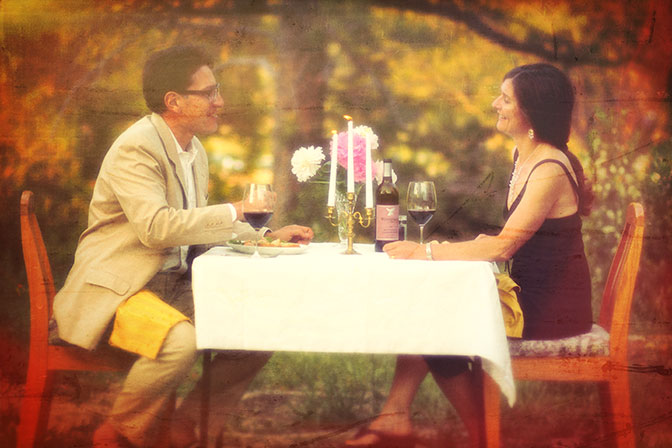
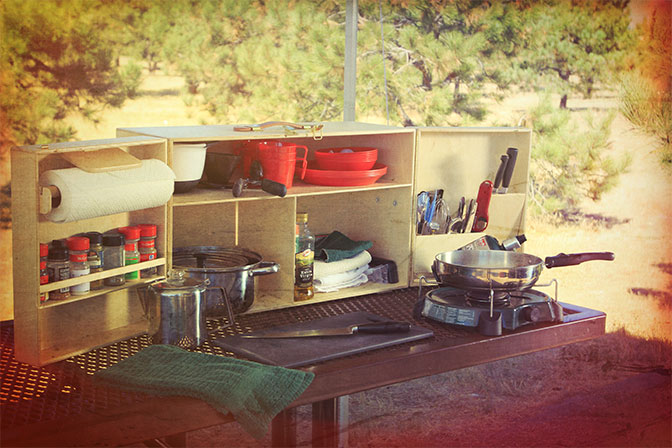
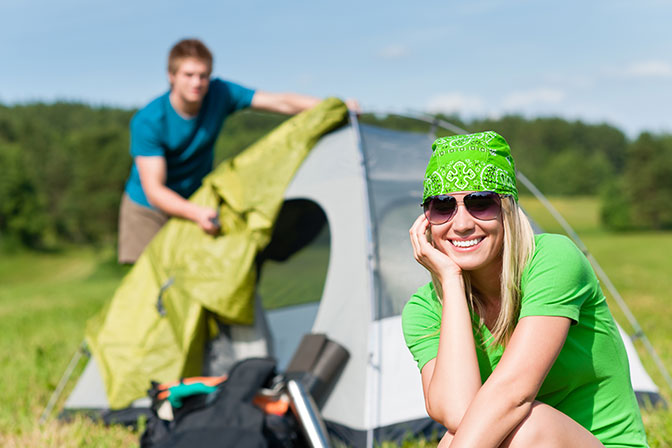
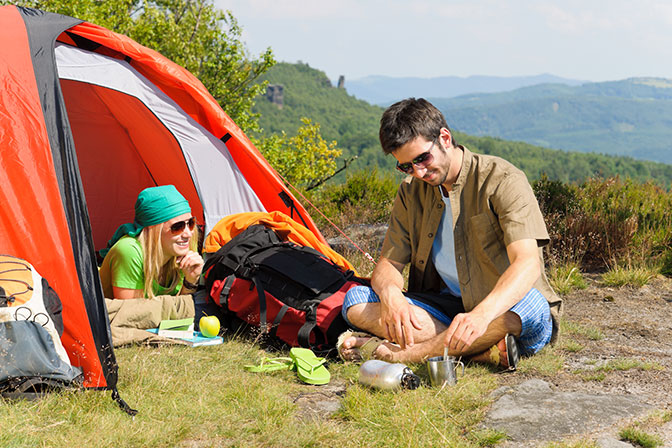
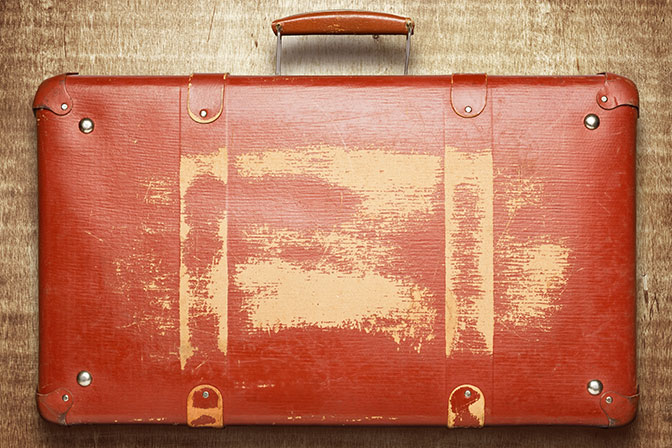
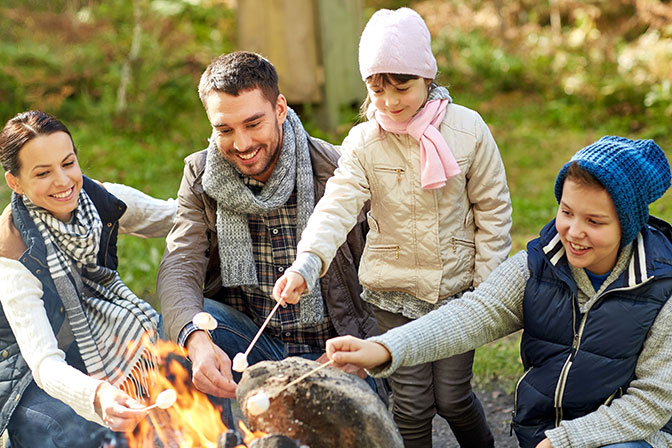
 Want to find out more about our products or speak directly with us? No, problem! Fill out our
Want to find out more about our products or speak directly with us? No, problem! Fill out our